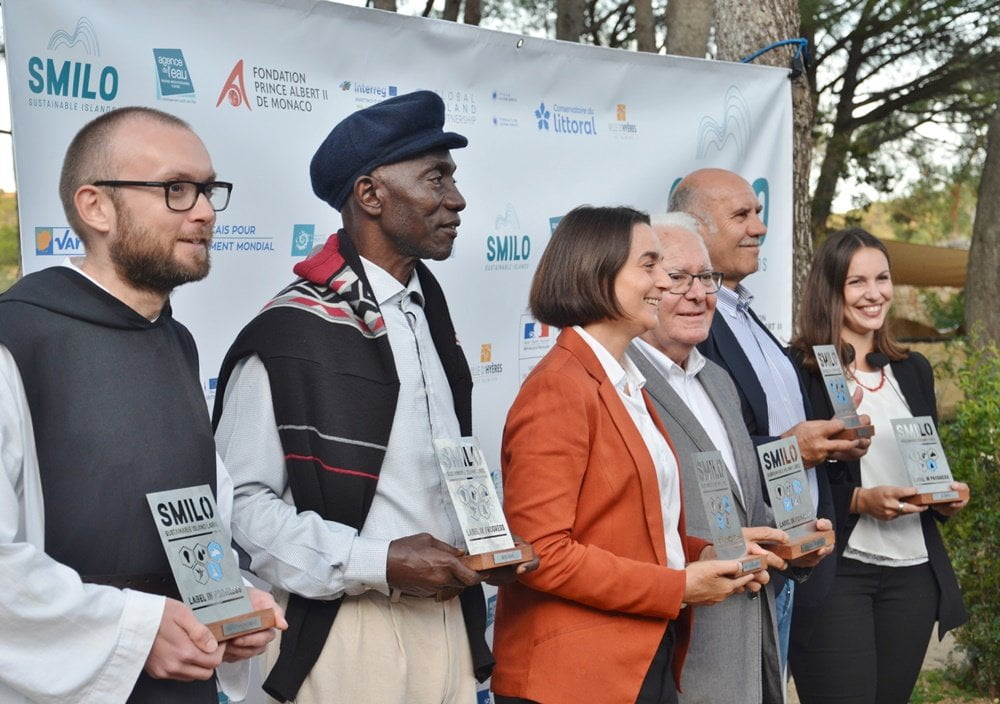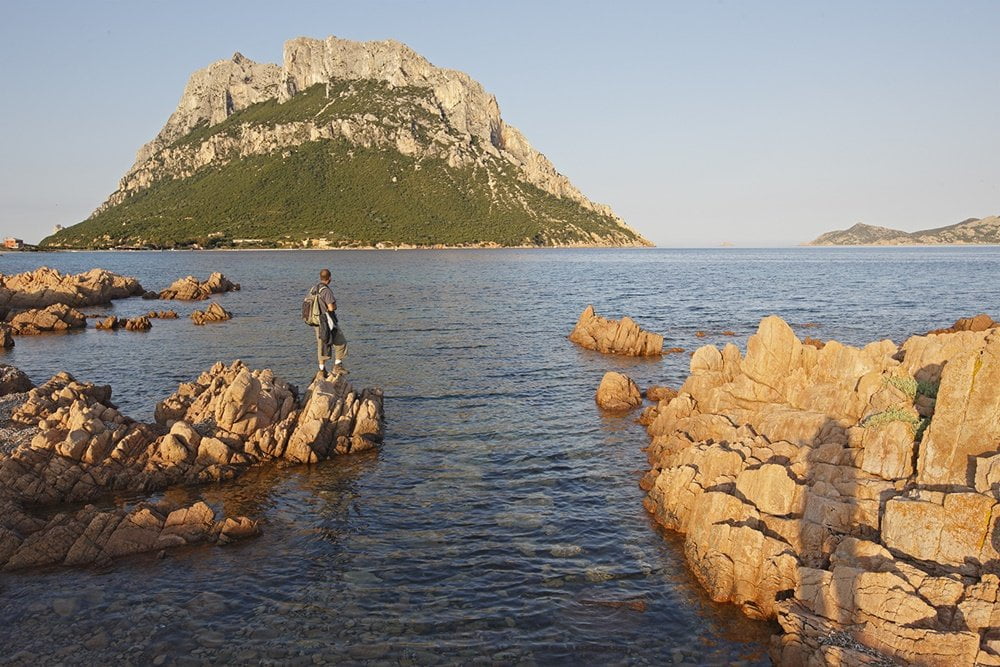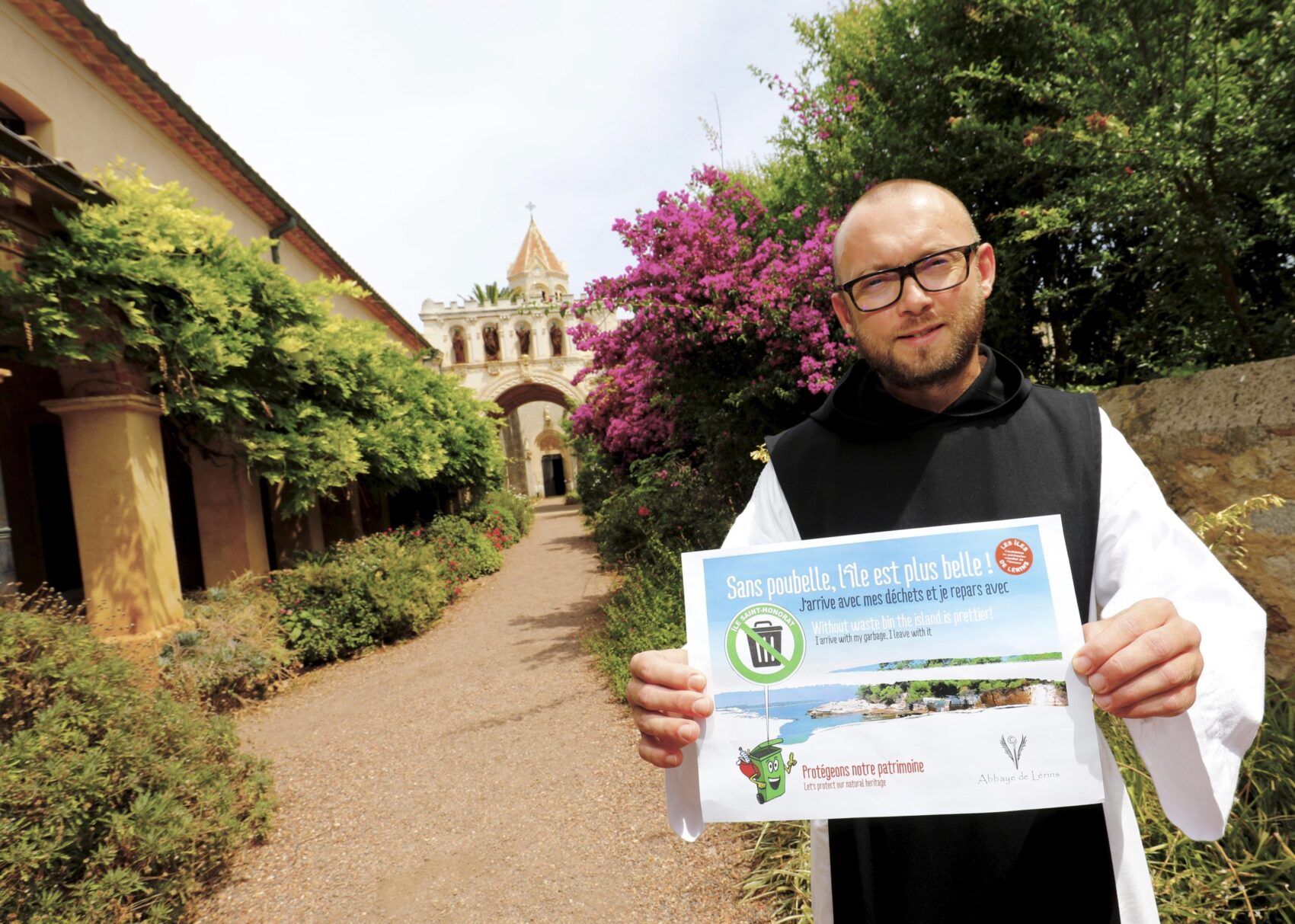Although islands account for only 5% of the earth’s surface, they host 20% of terrestrial plants and vertebrates and 600 million people depend on island ecosystem services for their sustainable development. As they are particularly vulnerable to global changes, they face many issues: climate change impacts, pollution, extraordinary biological diversity in need of protection, invasive species, and habitat destruction. While those issues are not specific to islands, they are particularly emphasised on small islands. At the same time, the insular characteristic is a strength, becoming a fertile ground for technical, social, legal and sustainable innovation. Islands therefore share similar challenges with common solutions.

To strengthen their cooperation and solidarity, more than 100 participants from 24 small islands and 15 countries gathered on the small island of Porquerolles in South of France on October 2019, an event organised by the Small Islands Organisation (SMILO). Actively engaged in the sustainable development of their territories, these islands shared successful solutions, inspiring other territories to replicate innovative good practices in energy, water and waste management, biodiversity conservation and cultural heritage preservation.
During this event, 6 new islands have successfully passed the first requirements of the Sustainable Island Label: Porquerolles, Saint-Honorat, Sainte-Marguerite (France), Bolama (Guinea-Bissau), Tavolara (Italy) and Zlarin (Croatia). This label rewards transformative initiatives that mobilise islands stakeholders around a common and sustainable territorial planning.
Through various examples, they have demonstrated that small islands effectively contribute to strengthening their resilience to climate change and to the global environment conservation efforts.
On September 2019 during UN General Assembly, the President of the Republic of Croatia Kolinda Grabar-Kitarović gave islanders a voice and emphasised that their sustainable on-the-ground actions can lead to global change. She highlighted the inspirational initiative that Zlarin, a small Croatian island, is currently implementing. The entire local community started an action called Take a break from plastic, rewarded by SMILO labelling process. They are making Zlarin the first Adriatic island free of single-use plastic and plastic. “Their action was local, but their efforts are indeed global”, highlighted the Croatian President.
Reducing ocean litter pollution requires bold actions and Saint-Honorat has dared to do so.
Since June 2019, the monks’ community has removed all the waste bins from the island. Visitors now have to bring their waste back to the continent to the sorting bins on the landing stage. Such drastic action contributes in several ways to reduce the negative environmental impact of tourism and consumption on natural areas. Tourists become aware of the waste they produce and are actively part of the island preservation process. This initiative also reduces maritime transport to bring waste back to the continent, therefore reducing greenhouse gas emissions. Every year, 8 million tons of plastics enter our ocean with devastating impacts on marine ecosystems. Removing bins hence avoids waste spread on the island that would otherwise end up in the Mediterranean.

Outstanding biodiversity and endemic ecosystems need protection. The exemplary conservation of Porquerolles and Tavolara are worth mentioning. Port-Cros National Park and Tavolara Marine Protected Area have proven their long lasting efforts to preserve the exceptional marine and terrestrial fauna and flora of these small Mediterranean islands. They successfully maintained and increased the population of threatened species such as the yelkouan shearwater and the dusky grouper, two emblematic species from the region. In the global context of the alarming biodiversity loss underlined by the IPBES recent report, the dedication of local conservation stakeholders becomes increasingly vital.
Join small islands local communities efforts to set an example and inspire global change!
SMILO NGO supports small islands of less than 150km² towards the sustainable management of their territory and resources. It bolsters integrated operations for the preservation of islands’ natural resources, in relation to water and sanitation, waste, energy, biodiversity, landscapes and heritage issues. The Sustainable Island label rewards the positive local dynamics and sustainable practices. Currently, 18 islands are involved in the labelling process. SMILO provides further support with the Islands Fund, which finances concrete and sustainable operations on the ground. To strengthen cooperation and solidarity between islands, the NGO coordinates an international network, with members from West Africa, the Indian Ocean, Southeast Asia, Europe and the Mediterranean.



